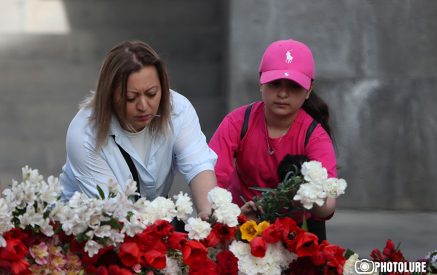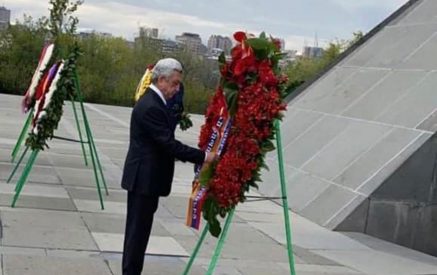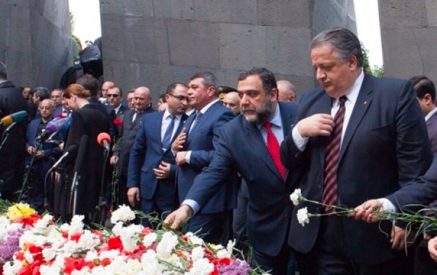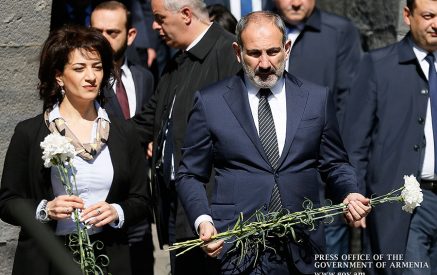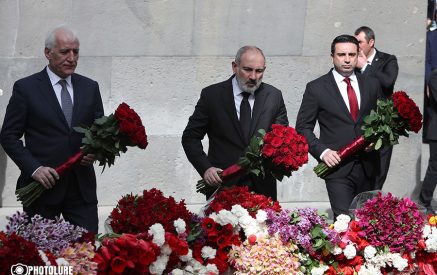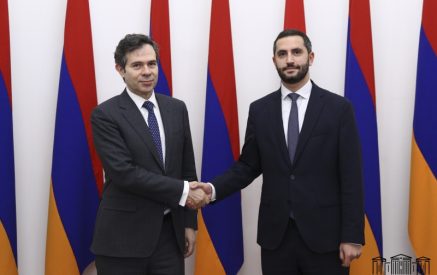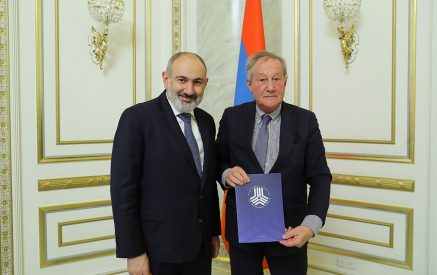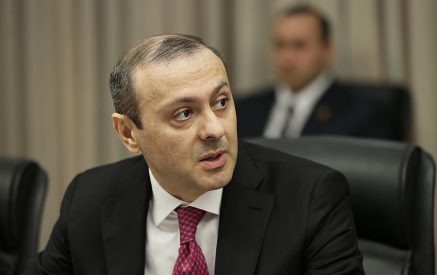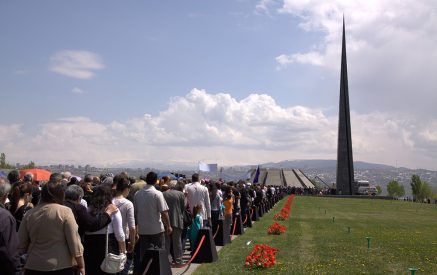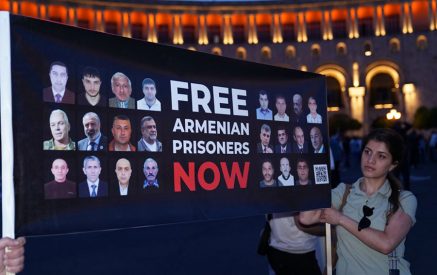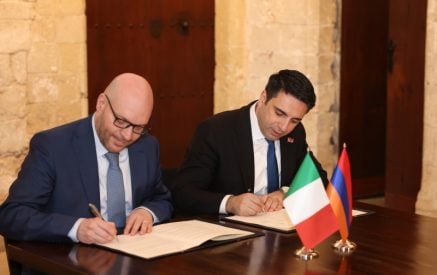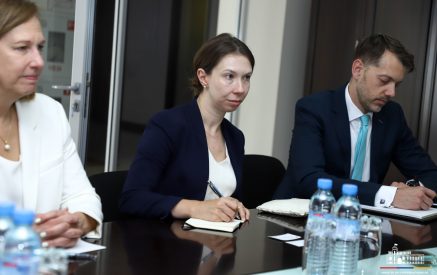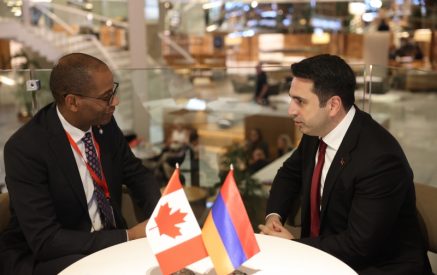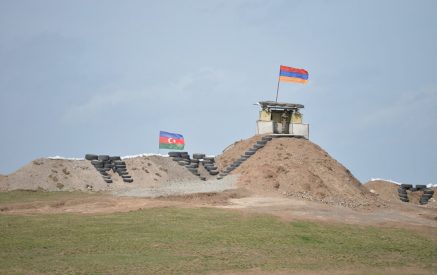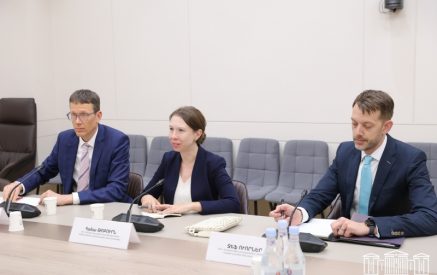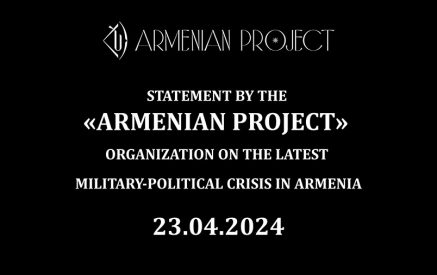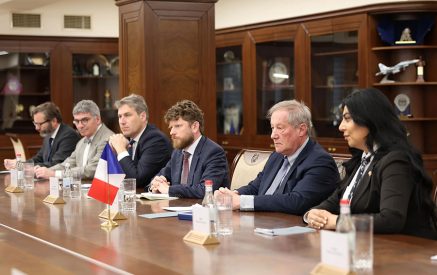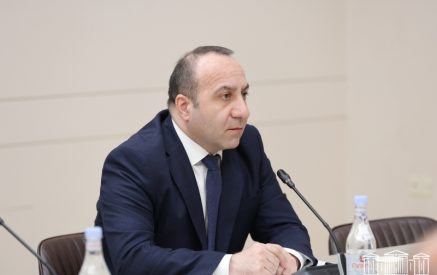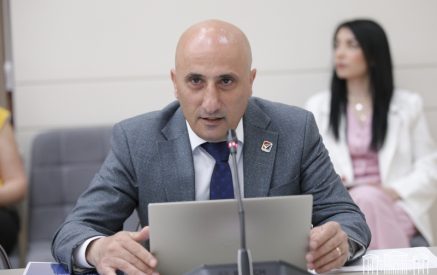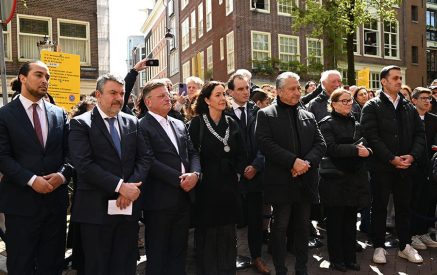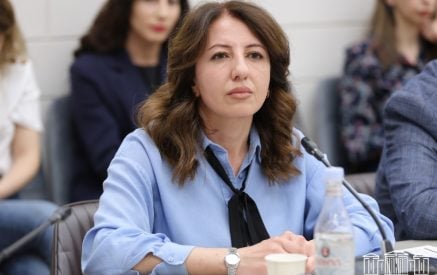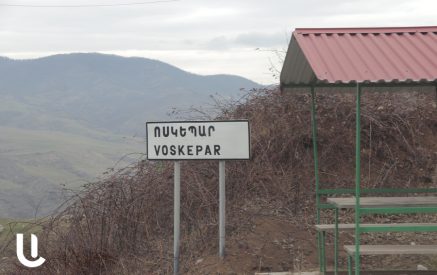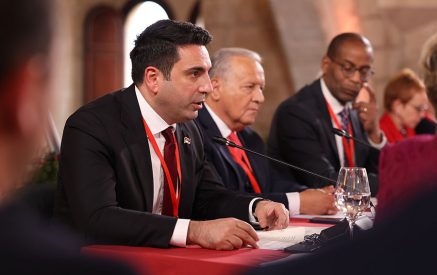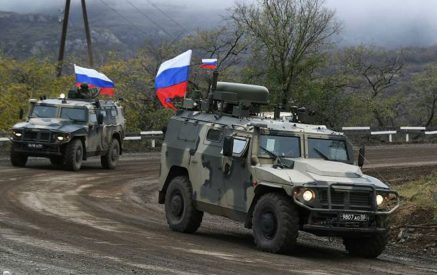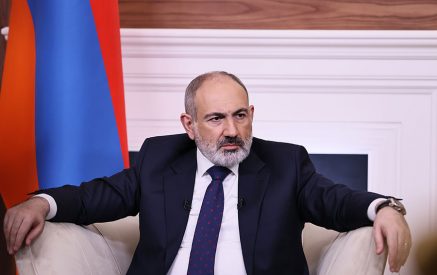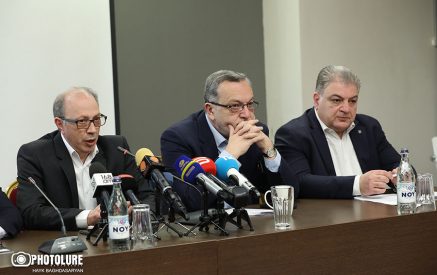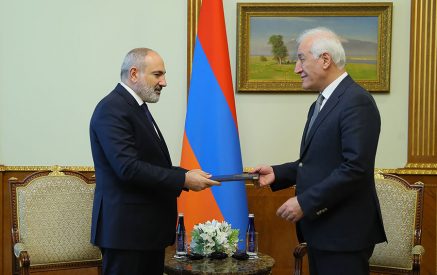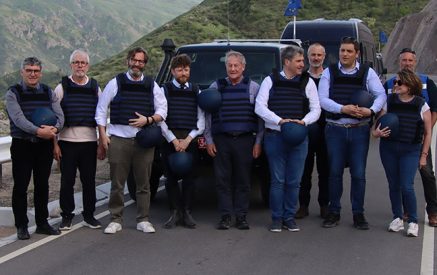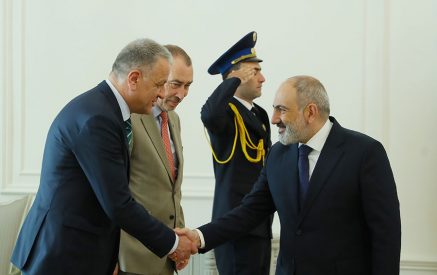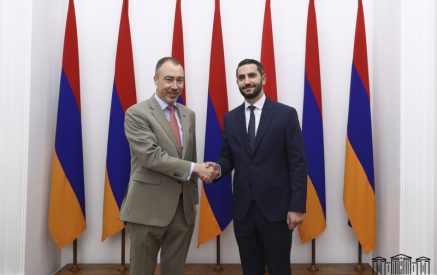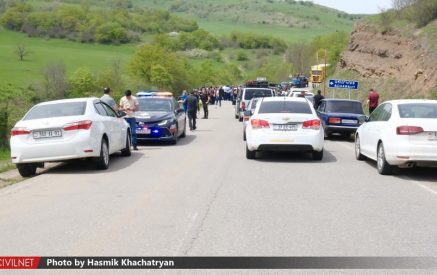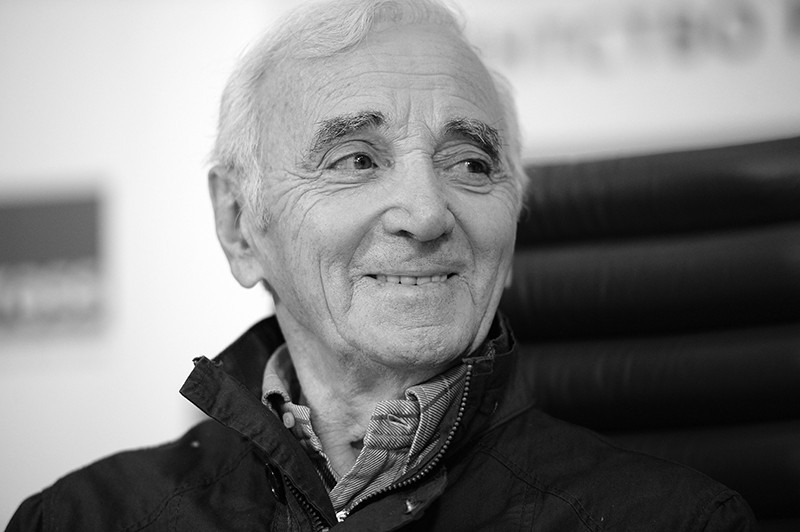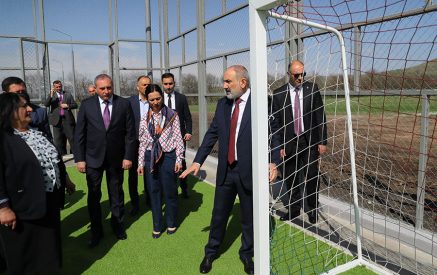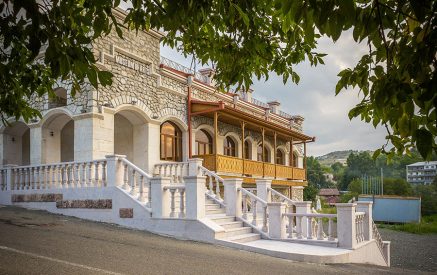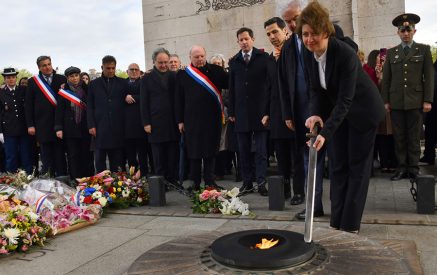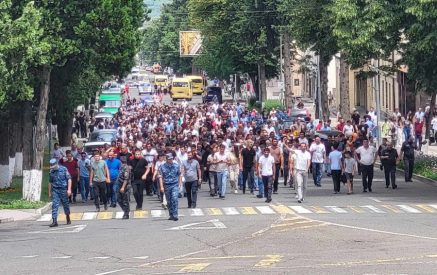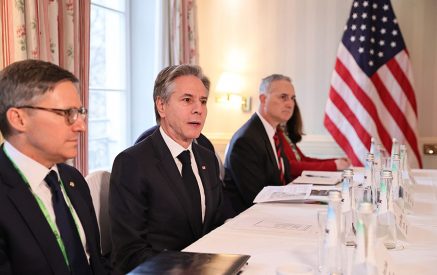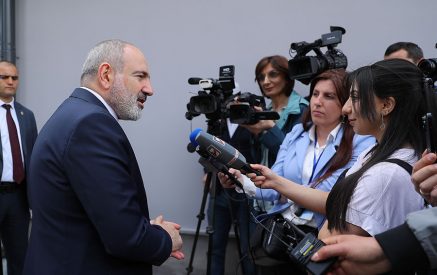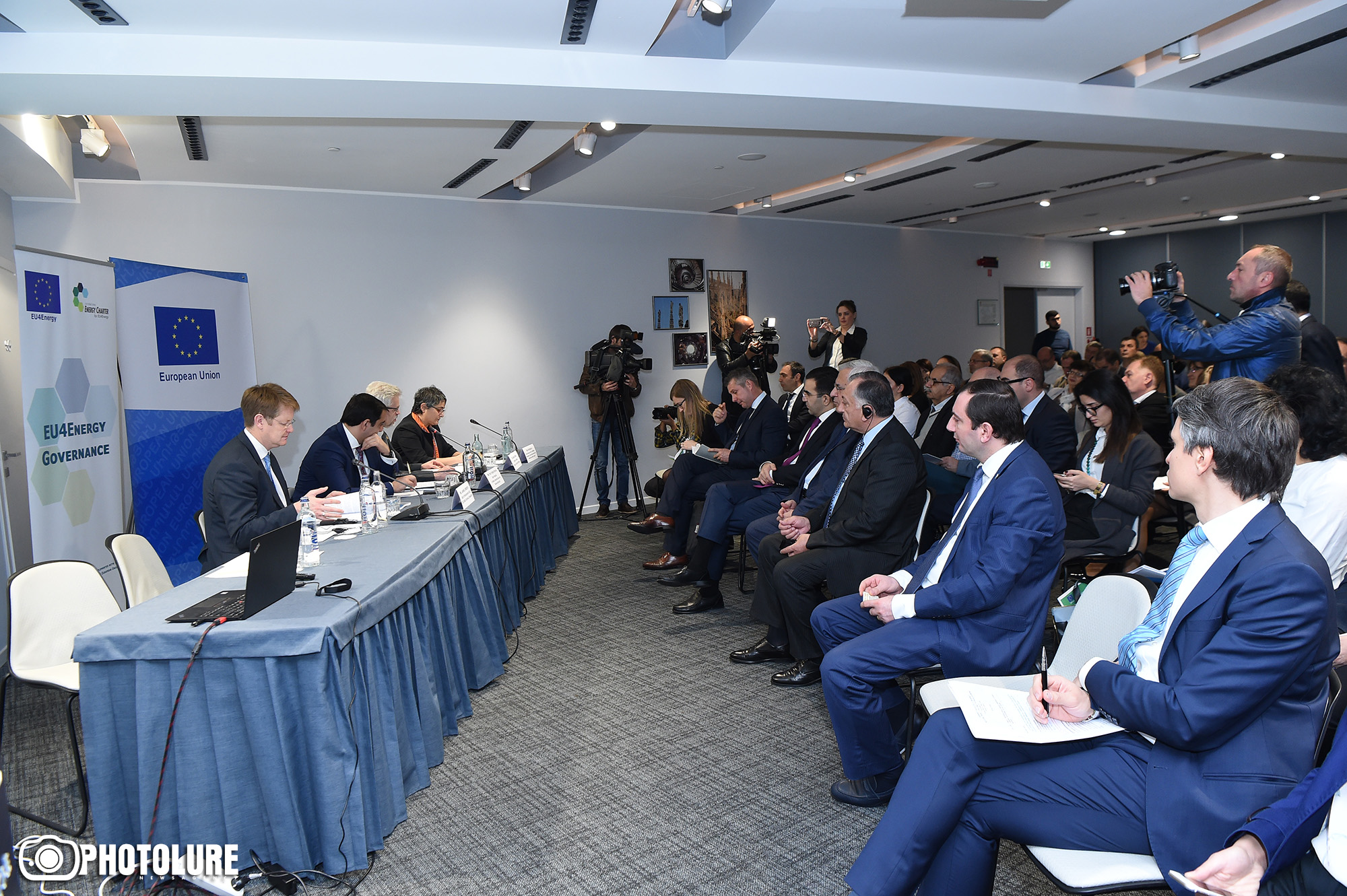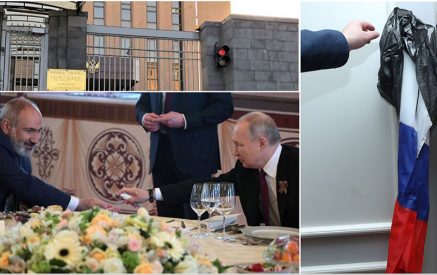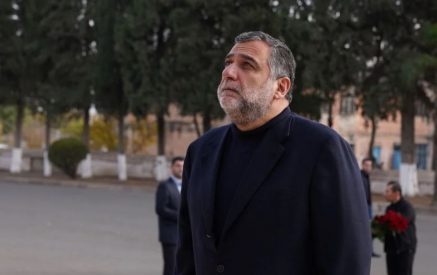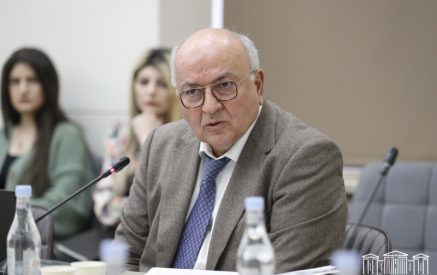The European Union Delegation to Armenia in cooperation with the EU4Energy Program implemented by the Energy Charter Secretariat held a High-level Conference on Unlocking the Energy Efficiency Potential for Armenia’s residential and public buildings sector. The conference was meant to generate a high-level dialogue on this topic with the ministries, donors, international financial institutions, representatives of the private and public sectors, as well as technical experts from NGOs and academia.
Energy Efficiency is very high on Armenian Government’s list of priorities. The 2nd National Energy Efficiency Action Plan (NEEAP) adopted by the Government of Armenia in February 2017 targets to reduce Armenia’s baseline energy consumption by 20% (from 2010-2012 levels). 63% of energy efficiency improvement measures in the NEEAP contributing to this target are for the residential and public buildings. This will bring down the baseline energy consumption in the buildings sector by 30%.
Energy efficiency has also been ranked as high priority for cooperation with the Eastern Partnership Countries at the Eastern Partnership Ministerial Dialogue in June 2017 in Chisinau, with participation from the Ministry of Energy Infrastructures and Natural Resources of the Republic of Armenia.
The gathered experts discussed the challenges that are hampering the achievement of this impressive target. The three discussion sessions collected the views from investment institutions, technical experts and implementing agencies in residential buildings and public institutions. Speakers shared their success stories and lessons learnt from ongoing programs, and each of them summarized the key challenges faced, as well as what operational actions and reforms are necessary to for the players in this market to take to unlock the full market potential energy efficiency investments in this sector.
The event was organized in close cooperation with the Ministry of Energy Infrastructures and Natural Resources and was attended by high-ranking officials including Mr. Lawrence Meredith, Director Neighbourhood East, Directorate-General of Neighbourhood and Enlargement Negotiations (DG-NEAR) of the European Commission, Dr. Urban Rusnák and the Secretary General of the Energy Charter Secretariat.
The Participants agreed that the key challenges that Armenia is facing in unlocking the larger market potential for energy efficiency investments are:
- The remaining regulatory and enforcement gaps in energy efficiency, building and housing management legislation;
- Lack of tailor-made financing instruments for serving the needs of mixed-income multi-apartment buildings and poorly maintained public buildings, while for the rural households the issue predominantly mean lack of access to modern energy services and energy efficiency solutsions;
- Lack of incentives and targeted grant assistance necessary to ensure the economic viability of investments in energy efficiency, coupled with enhanced resilience and accessibility of buildings;
- Insufficient technical and institutional capacities for designing and implementing energy efficiency projects, policies, investments, adequate procurement processes, etc; and
- Low level of awareness among all players in the field of energy efficiency from disparate government stakeholders, designers, contractors, developers to all groups of end-users.
After discussing the challenges and sharing lessons learned and success stories, the participants concluded that the recommended key actions for mobilizing energy efficiency investments in Armenia are the following:
- Enforcement of the adopted legislation remains a key task for energy efficiency in buildings. This includes building energy codes, standards, certification, building energy performance evaluation, monitoring and verification, energy management, design of near-zero energy buildings, etc.
- The residential sector and multi-apartment buildings in particular have a significant potential to benefit from energy efficiency reforms and investments. Unlocking the potential in this sector will be possible with strong commitment from and ownership by the government, as well as joint efforts and enhanced support by the donor community. The Participants also acknowledged the unique nature of the rural residential housing sector, where the focus should be on providing access to modern energy services and energy efficiency solutions.
- In the public buildings sector, investments should continue to support the role of public sector as key contributor to development of the energy efficiency market, as well as help the public sector to alleviate the energy cost burden on public budgets.
- Enhanced donor coordination for investment prioritization in the buildings sector is critical in order to tackle the main bottlenecks and unlock the energy efficiency potential,
- Improved inter-agency coordination between the key government agencies, as well as clear commitment to the joint efforts are equally important to ensure sustainability and impact of any further joint actions in this sector.
The event conclusions and recommendations will be further circulated to all participants after the even. They will also be endorsed to the all major players in the energy efficiency field as joint guidance from partners and experts in the field for joint course of action to unlock Armenia’s market potential for greater energy efficiency investments.

